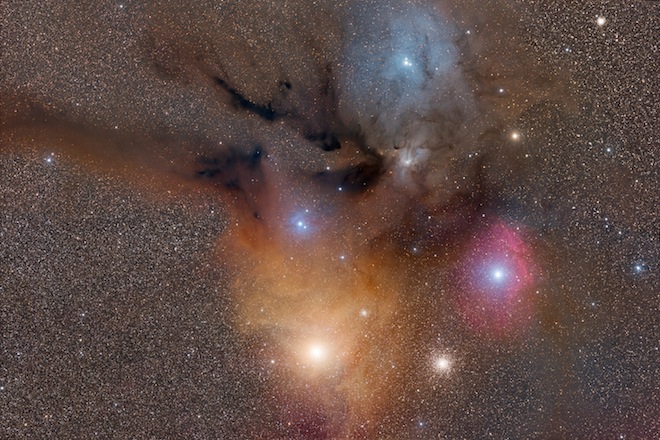First Publish: 1/18/2004, 3:46 PM / Last Update: 1/18/2004, 5:32 PM
The spiritual leader of the Druze community in Israel, Sheikh Mowafak Tarif, this weekend signed a declaration calling on non-Jews in Israel to observe the Seven Noahide (Bnei Noach) Commandments, as laid down in the Bible and expounded upon in Jewish tradition.
Several weeks ago, the mayor of the primarily Druze city of Shfaram, in the Galilee, also signed the document. The declaration includes the commitment to make a better “humane world based on the Seven Noachide Commandments and the values they represent commanded by the Creator to all mankind through Moses on Mount Sinai.”
Behind the efforts to spread awareness of the Torah’s Seven Universal Laws is Rabbi Boaz Kelly, of the directors of Chabad-Lubavitch institutions in the Krayot area of Haifa and the chairman of the Worldwide Committee for the Seven Noahide Commandments. The recent signature by Sheikh Tarif is part of Rabbi Kelly’s ongoing efforts among Israel’s non-Jewish community. In the past few years, Rabbi Kelly’s organization has placed roadside ads in Arabic calling for observance of the Noahide Laws, as well as distributing Arabic-language pamphlets on the subject among Arabs in Israel and the Palestinian Authority.
According to the Torah, all humankind (the offspring of Noah, or Bnei Noach) is subject to seven Divine commandments. They are: to refrain from idolatry; to refrain from sexual immorality; to refrain from blasphemy; to refrain from murder; to refrain from theft; to refrain from eating the limb of a living animal; and to establish courts of law.
Support for the spread of the Seven Noahide Commandments by the Druze spiritual leader contains within it echoes of the Biblical narrative itself. The Druze community reveres as a prophet the non-Jewish father-in-law of Moses, Jethro (Yitro), whom they call Shu’eib. According to the Biblical narrative, Jethro joined and assisted the Jewish people in the desert during the Exodus, accepted monotheism, but ultimately rejoined his own people. The Tiberias tomb of Jethro is the most important religious site for the Druze community.
